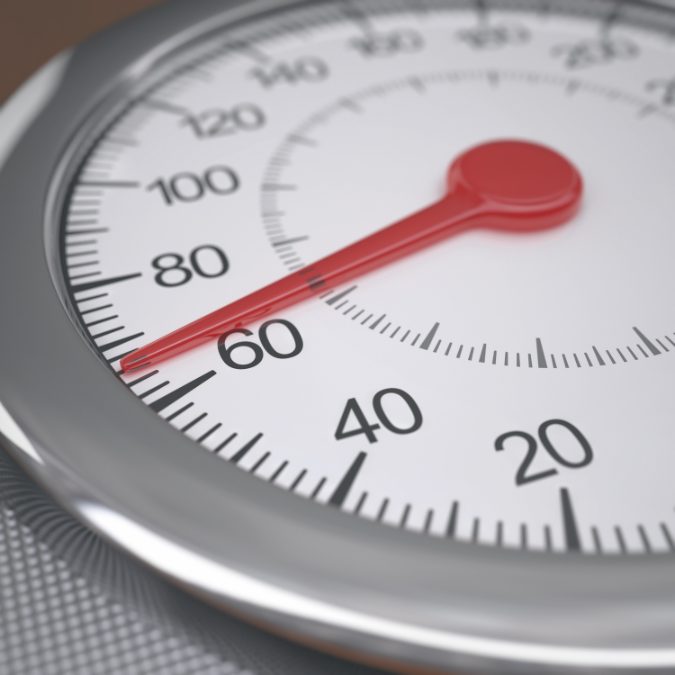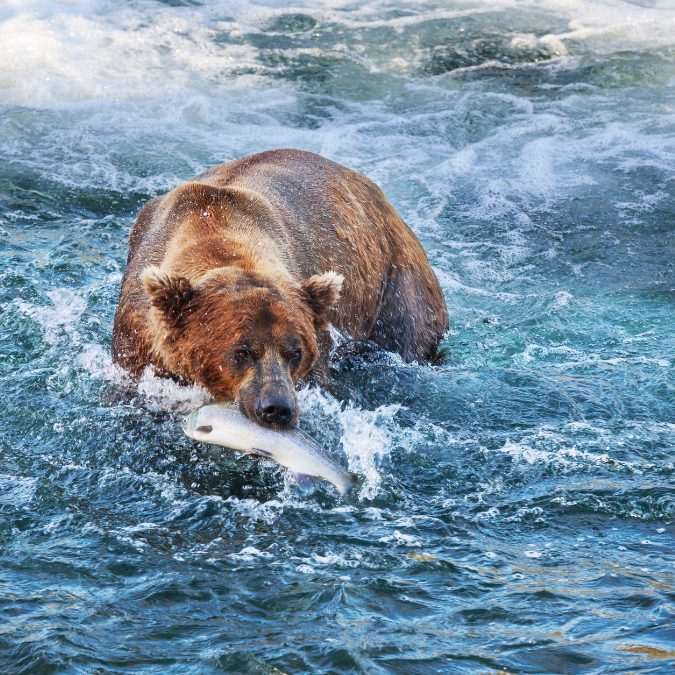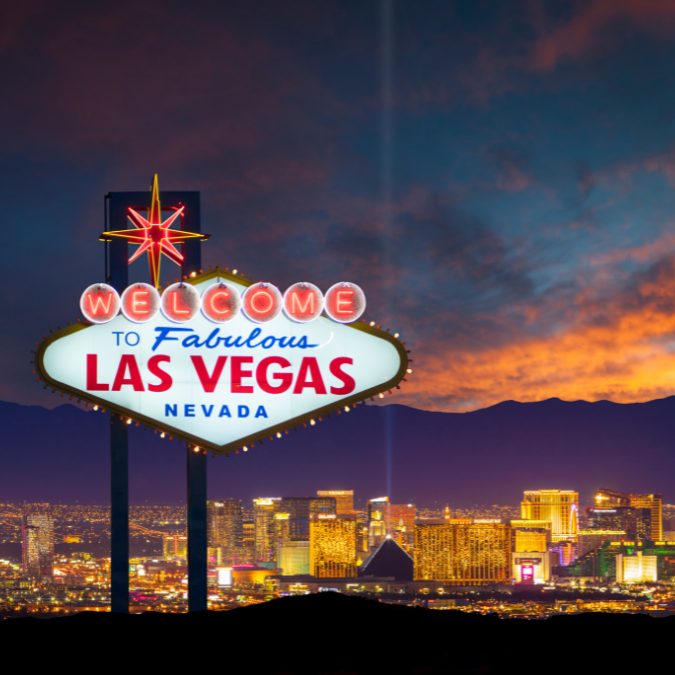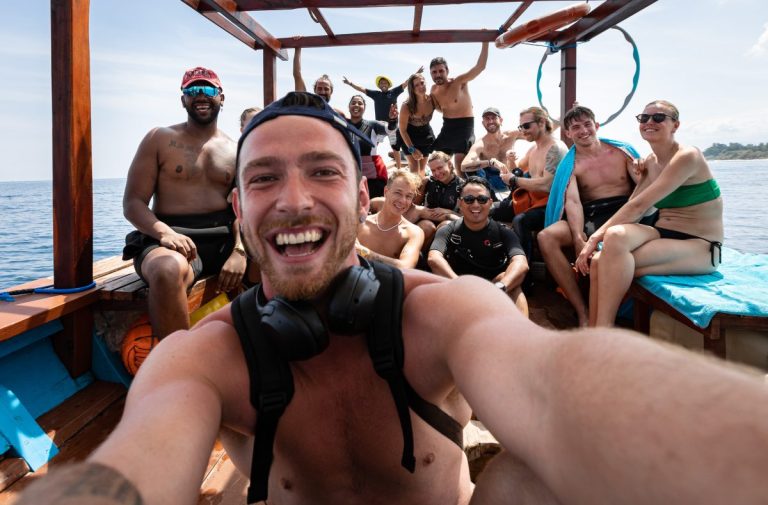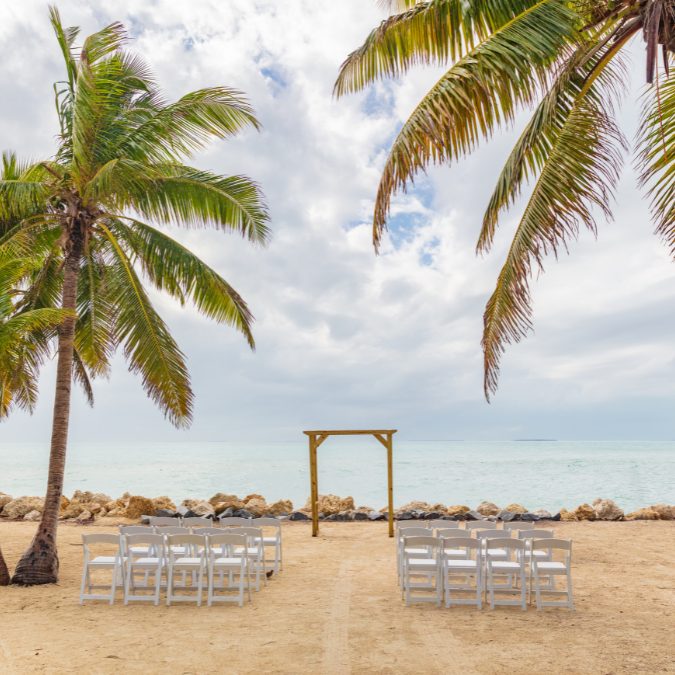Scuba Diving Certification In Utah | Open Water
Have you ever wondered if you can get your scuba diving certification in Utah?
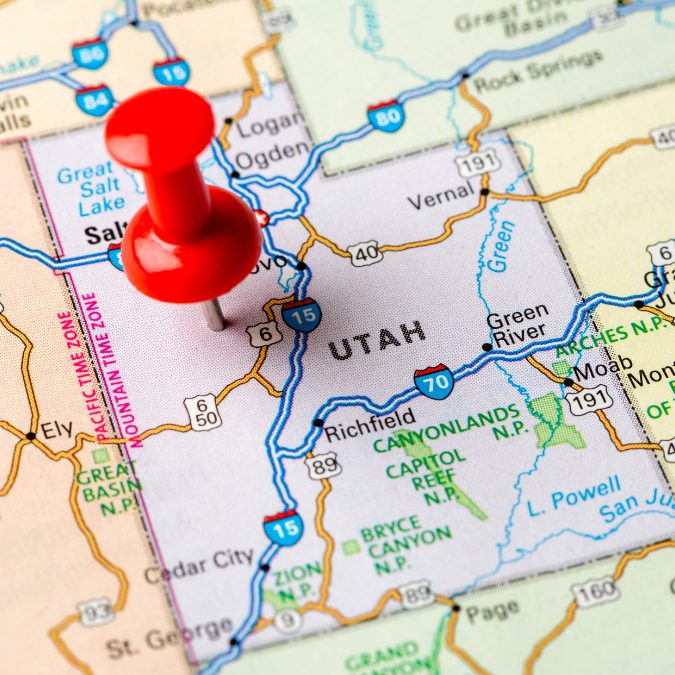
Are you seeking a scuba diving experience like no other? Utah, often celebrated for its remarkable national parks and stunning landscapes, is also home to an incredible underwater world waiting to be explored.
From the depths of the Great Salt Lake to the warm waters of Bear Lake, the Beehive State is a hidden gem for scuba enthusiasts. Whether you’re an experienced diver or someone ready to take the plunge for the first time, Scuba Utah offers a wealth of options to cater to all your diving desires.
Dive Sites for Every Skill Level
Utah’s diverse scuba diving opportunities accommodate everyone, from beginners to advanced divers. One standout location is the Homestead Crater in Midway, a geological marvel that houses a geothermal spring, providing year-round diving conditions.
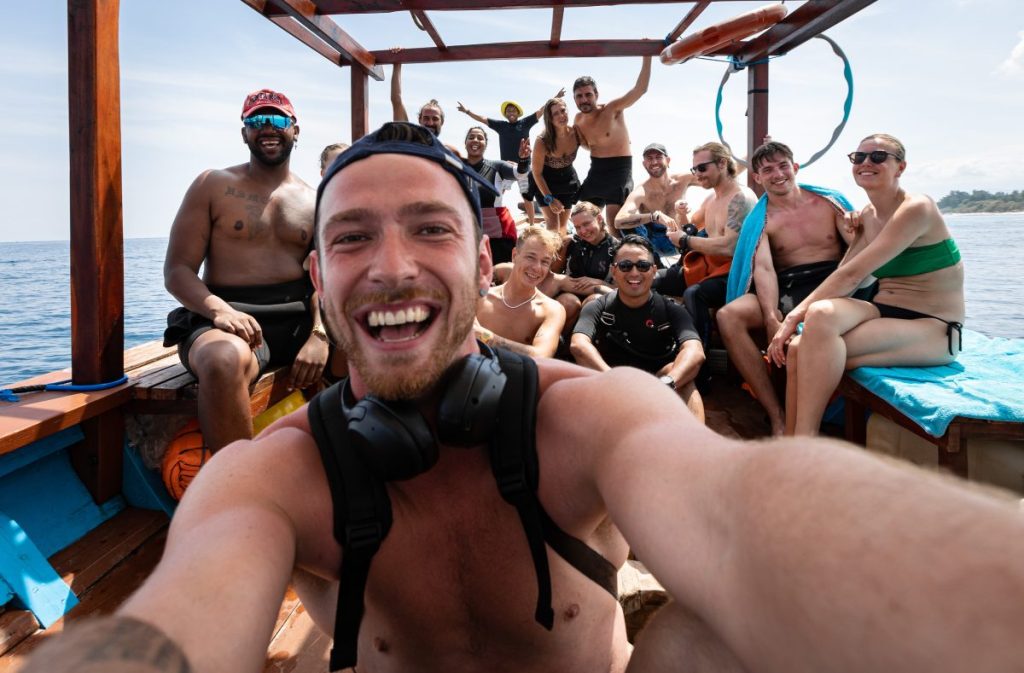
Enclosed within a massive limestone rock formation, this natural hot spring serves as a perfect setting for confined water training and open water certification dives. The surreal experience of diving in this unique underwater cave will leave you with lasting memories.
Professional Guidance and Training
When it comes to earning your scuba certification in Utah, you’re in the best of hands. The state boasts numerous dive shops and PADI Dive Centers, such as Dixie Divers in St. George and Scuba Utah in Salt Lake City, known for their small class sizes and professional staff.
These experts will guide you through the certification process, ensuring your safety and helping you build the necessary skills to embark on your underwater adventures.
Whether you’re taking your first breath underwater with the PADI Discover Scuba Diving experience or progressing towards the SSI Open Water Diver certification, safety is the top priority.
You’ll learn to use your scuba gear, how to manage your dive buddy, and the importance of following safety precautions for a fun and secure diving experience.
Certification Options Abound
Divers of all levels can find a suitable scuba diving certification path in Utah. PADI’s eLearning platform offers flexibility for study, allowing you to dive into the knowledge part of your training at your own pace.
For those with grand aspirations, the PADI Star Instructor Development Course (IDC) is available for those who aim to become PADI Open Water Scuba Instructors.
Safety remains paramount, and Utah’s dive community ensures that each certified diver takes the necessary precautions and gains the skills to enjoy their underwater adventures safely.
Scuba Gear and Equipment Rental
Worried about the cost of investing in scuba gear? Utah’s dive shops provide equipment rentals at great prices, making it easy for you to access scuba diving without a significant upfront expense.
Safety and comfort are paramount when exploring underwater worlds, and Utah’s dive shops make sure you have the best equipment for a safe and enjoyable dive experience.
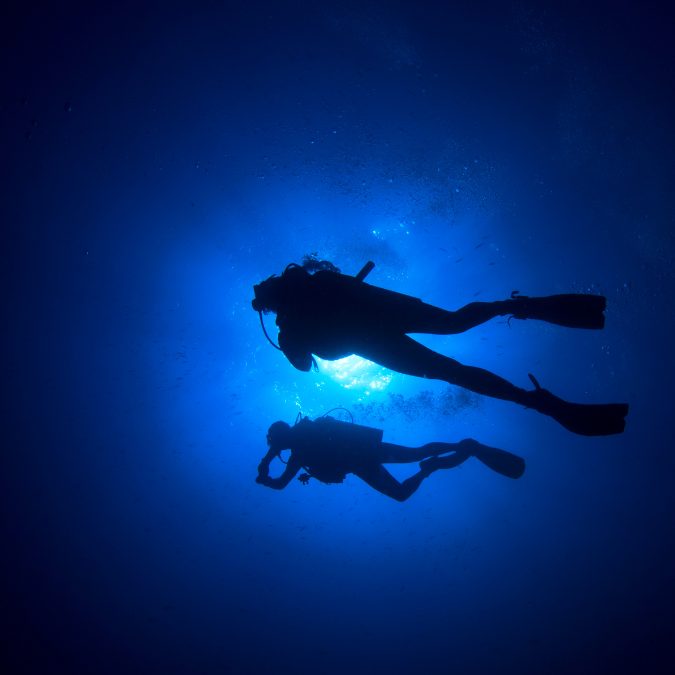
Dive Locations Across the State
Utah’s diverse terrain, from the red rocks of Southern Utah to the freshwater oasis of Bear Lake and the stunning Sand Hollow State Park, offers a wide array of dive travel opportunities.
More experienced divers will appreciate the challenging conditions provided by Utah’s high-altitude diving locations, such as Fish Lake, which test your skills and open the door to more adventurous dives.
Certification Dives in Unforgettable Places
Once you become a certified diver, Utah’s unique underwater landscapes await your exploration. The clear waters of Blue Lake, the geological wonders of Sand Hollow Reservoir, and the serene depths of the Great Salt Lake will leave you in awe. In fact,
Utah’s high-altitude diving experiences prepare you for more challenging dives in destinations like the South Pacific or Grand Cayman.
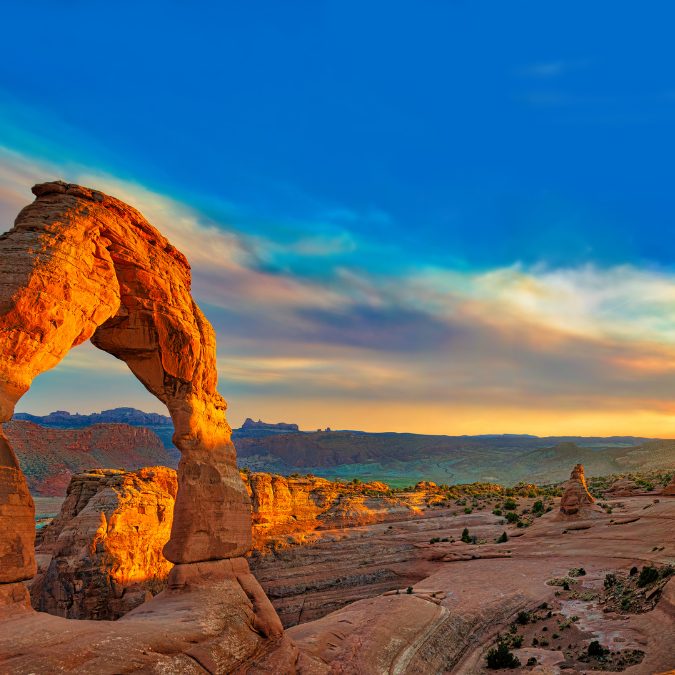
Conclusion to scuba diving certification in utah
Utah may be the second driest state in the U.S., but it offers a whole new world beneath its surface. Your journey begins with clear waters and rock formations that are nothing short of remarkable.
From your first plunge into a swimming pool during pool sessions to the moment you earn your certification card, your adventure into the underwater world of Utah will be an unforgettable and life-changing experience. Grab your scuba gear, explore the wonders of Utah, and take the plunge into new adventures beneath the surface. So why wait? Dive into the unparalleled underwater world of Utah today!
FAQ About scuba diving certification in Utah
Is scuba diving safe?
- Scuba diving is generally safe when practiced with the proper training and equipment. Divers must follow safety guidelines and dive within their training and experience levels to minimize risks.
Do I need to be a strong swimmer to scuba dive?
- While it’s essential to be comfortable in the water, you don’t need to be an Olympic swimmer. Scuba diving courses teach you the necessary skills to dive safely, and many people with varying swimming abilities enjoy diving.
What equipment do I need for scuba diving?
- Basic scuba equipment includes a mask, snorkel, fins, wetsuit or drysuit, buoyancy control device (BCD), regulator, and tank. Some divers also use accessories like dive computers, underwater cameras, and more.
How long does it take to get certified as a scuba diver?
- The time required for scuba certification varies but typically takes a few days to a few weeks, depending on the certification agency and the level of certification you’re pursuing (e.g., open water, advanced, or instructor).
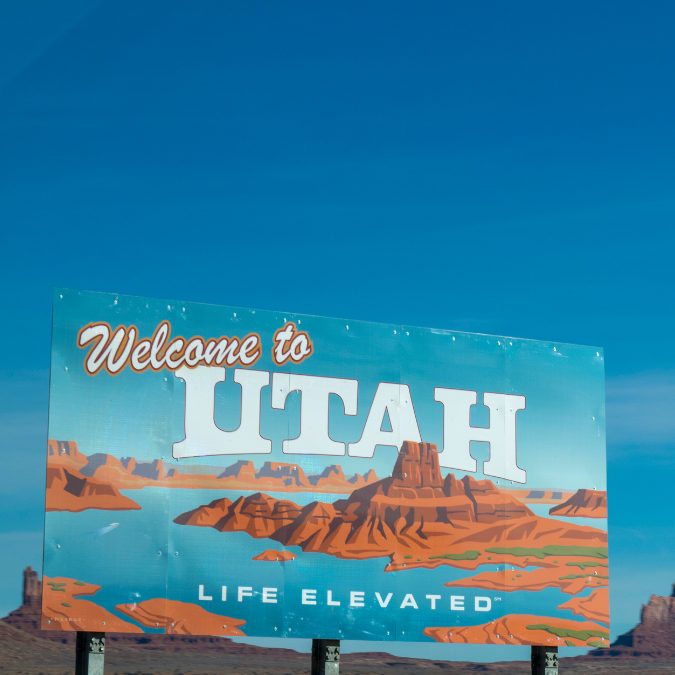
What is the difference between PADI and SSI certification?
- PADI (Professional Association of Diving Instructors) and SSI (Scuba Schools International) are two of the most well-known scuba certification agencies. While the core training is similar, some differences exist in teaching methods and materials. Your choice may depend on personal preference and the availability of dive centers in your area.
How deep can I dive as a certified diver?
- As an open water certified diver, you’re typically trained to dive up to 60 feet (18 meters). With advanced certifications, you can go deeper. However, dive depths depend on factors like experience, conditions, and equipment.
Can I dive with certain medical conditions?
- Some medical conditions may prevent you from scuba diving due to the potential risks. It’s essential to consult with a dive physician to ensure you’re fit to dive, and you may need a medical evaluation before starting training.
What is the best time of year for scuba diving in specific locations?
- The best time to scuba dive depends on the location. Tropical destinations often have year-round diving, while other places may have seasonal variations. Research your desired dive location for the most suitable time to visit.
Is scuba diving expensive?
- The cost of scuba diving can vary widely. Initial certification courses, equipment purchases, and dive trips can be expensive. However, once certified, diving can be relatively affordable if you own your equipment and choose local dive sites.
How can I find a good dive shop or dive instructor?
- To find a reputable dive shop or instructor, ask for recommendations from experienced divers, read reviews, and ensure they are affiliated with recognized certification agencies like PADI, SSI, NAUI, or SDI.
Do I need my own scuba gear, or can I rent it?
- Many divers rent equipment, especially when they’re starting. However, as you gain experience and comfort with diving, you may choose to invest in your own gear for a more personalized and comfortable experience.
What should I do in case of a diving emergency or equipment failure underwater?
- Proper training and dive experience teach you how to handle various underwater emergencies. Staying calm, using your training, and having a reliable dive buddy are key to managing unexpected situations.
Remember that scuba diving is an exciting and rewarding activity, but it’s essential to take it seriously, get proper training, and follow safety guidelines to ensure a safe and enjoyable experience.

